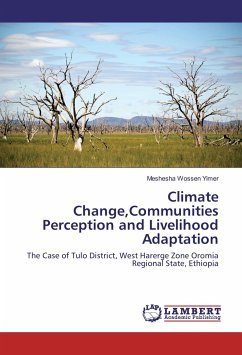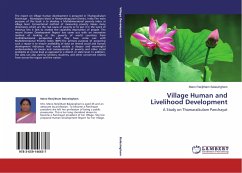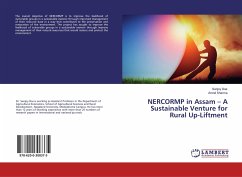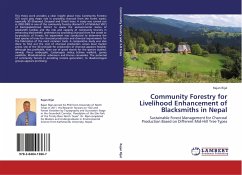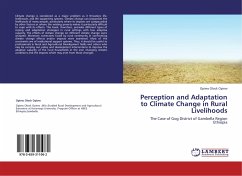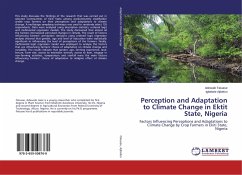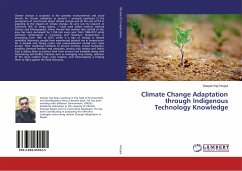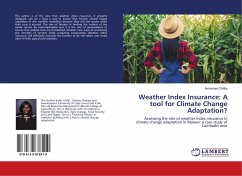The study assessed on climate change, community perception and livelihood adaptation strategies the case of Tulo district, West Harerge zone of Oromia regional state,Ethiopia. A total of 139 farmers were surveyed for the study with the structured questionnaire, scheduled interview and 3 focus group discussions. The assessment of the rural communities' perception on the impacts /consequence/of climate variability and change in the study area shows that all of the rural communities have been perceived the loss of agriculture production. The majority perceive water shortage for;household consumption, small scale irrigation and animal to drink, incidences of communicable human, animal and plant diseases, increasing the number of people in need of food aid, increases the requirement of fertilizers, frequent occurrences of drought and famine, seasonal migration of people, and desertification were responded by 98.6 %, 92.8%, 88.4%, 82.6%, 79.7%, 72.5% and 68.1% respectively. The findings of rural communities' perception on climate variability and change and their livelihood adaptation strategies indicate that all of the respondents were perceived climate change in their locality.
Bitte wählen Sie Ihr Anliegen aus.
Rechnungen
Retourenschein anfordern
Bestellstatus
Storno

